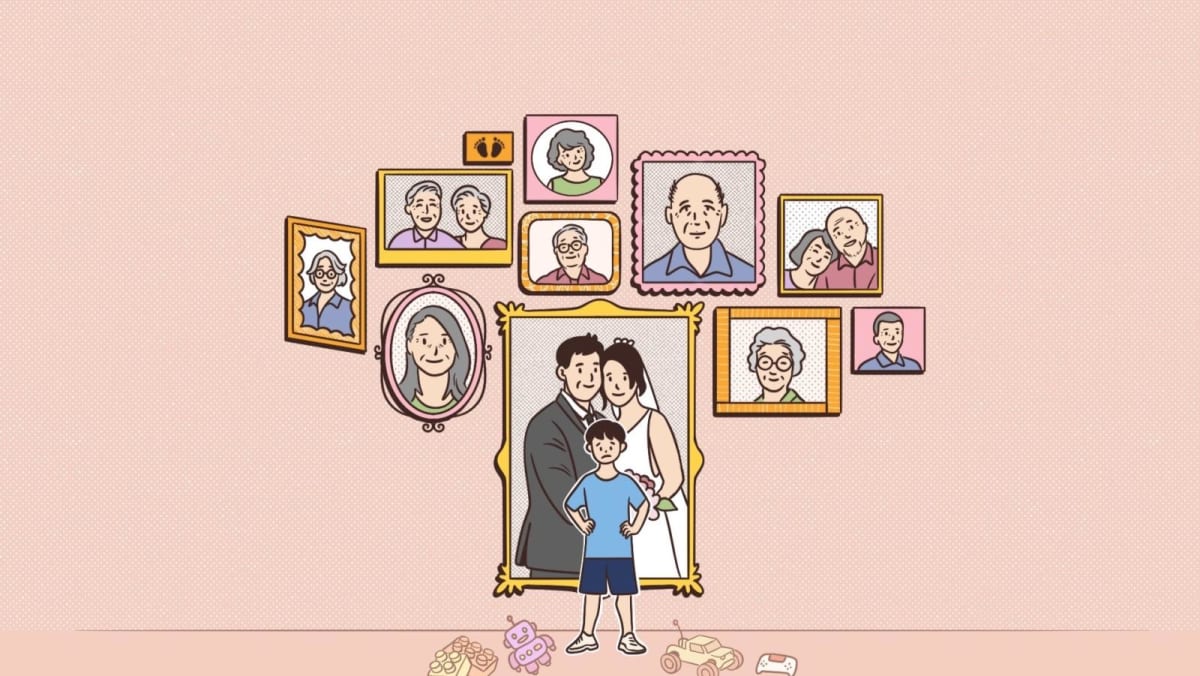The experts also said that other trends, such as couples marrying at a later age and delaying having their first child, also contribute to the growing number of single-child families, since the couples would have a shorter childbearing window.
The median age for resident mothers who gave birth for the first time has been climbing: It was 31.9 last year, from 30.4 back in 2014 and 29.3 a decade before that.
For some couples, health issues influenced their family planning decisions.
Civil servant Rawdah Juma’at, now 40, did not plan to have a child, but a routine full-body health check and a referral to a specialist doctor in her 30s uncovered a health issue, which meant that she only had a small window of time left to conceive if she wanted to do so.
The stark discovery threw her into an existential state of mind and this led her and her husband to revisit their decision to stay childless.
“It was a difficult and emotional conversation, but after having that option be ‘robbed’ from us, we decided we should proceed with having (a child),” she said.
She gave birth to a baby boy five years ago at the age of 35. The mental, physical and emotional toll that the journey to motherhood took on her led the couple to decide to stop at one.
“My pregnancy was a high-risk one and the baby was in the Neonatal Intensive Care Unit after birth. I also suffered from bad post-partum depression. The thought of repeating this cycle was just … ooof,” she told CNA TODAY.
Changes in societal values and perceptions towards children are another contributing factor to shrinking family sizes.
Dr Tan Poh Lin, a senior research fellow at the Institute of Policy Studies (IPS), noted that in the past, couples were motivated to have more than one child so that their firstborn would have a playmate, so they could try to have a child of a different gender or simply to adhere to social norms of what makes a family “complete”.
These motivations “appear to have less sway” in family planning decisions today, Dr Tan said, whose areas of research include population, fertility and marriage.
“In particular, as gender preference weakens, fewer families are willing to have another child just to have their ideal gender composition. As time goes on, this trend will be self-reinforcing as the social norms shift towards one-child families being just as ‘complete’ as families with two children,” Dr Tan added.
Adding to this point, Assoc Prof Ko of SUSS noted that in the past, the older generation tended to look at children as investments.
“But these days, those in their 20s to 40s are not looking at it like that anymore, because they are generally more financially independent,” she said.
Indeed, Ms Goh said that she and her husband do not have the expectation that their daughter will be financially responsible for them in old age.
“In this day and age, it is not realistic to have this perspective.”
Agreeing, Ms Rawdah said: “I’d be more than grateful if my kid takes care of me, but I’m uncertain if this would hold him back from achieving greatness (or goals) he has set for himself in the world.”
